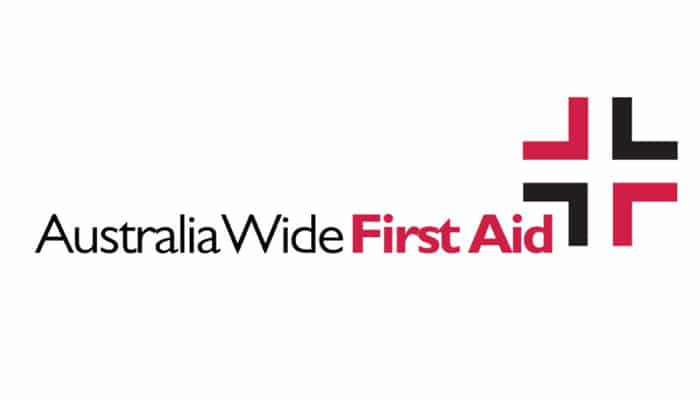What is a nanny? What’s the difference between a babysitter and a nanny? If you’re a parent looking to hire a nanny, knowing exactly what is involved is important. Do you want to hire a nanny, babysitter, or au pair? There are some big differences between what they are paid and what duties they will perform, so it’s important to get it right.
We’ve outlined below the essentials to understanding what it means to hire a nanny for your beautiful family.
The overall package
Essentially, a nanny is hired to care for children, keep them safe, feed them, and provide educational and fun activities. Where a babysitter might be used on an ad hoc basis for a few hours at a time, and an au pair is a full-time, live-in carer, nannies tend to fall between the two groups.
There’s quite a bit of variation when it comes to nanny jobs, which might be live-in or live-out, and be anything from a few hours a week, to full-time.
So before you start your search, you should understand which type of caregiver is right for you.
A nanny is a professional
Babysitting is often a job done by friends, family members or neighbours, and au pair positions often go to travelling students. A nanny, however, is generally considered a childcare professional.
They may have formal childcare qualifications. They should have cleared a Working with Children check and have a First Aid certification, and ideally they will have some extra skills, such as water safety or a driver’s license.
When you hire a nanny, you become an employer, and as such need to adhere to certain conditions, including paying a fair wage. You’ll both need to agree on all aspects of the job (hours, wages, overtime conditions/pay, holidays, and sick leave) and list them in a contract, which the nanny will sign before starting.
Day-to-day nanny work
The exact nature of the role will come down to what you need, and what the nanny agrees to.
As an example, your nanny might provide activities to keep your child or children busy (and stimulated!), prepare light meals for the children, take them to school or appointments, and have scheduled outings to the park, swimming pool or library.
If you find the perfect fit, your nanny may potentially stay in their position for years and become a valued part of the family.
What are nannies not?
Unless agreed beforehand in the contract generally a nanny is not your cleaner, or housekeeper! Cleaning up after the children may be a part of the job. But cooking a three-course meal for you is probably not!
Whatever you want or need from your nanny, make sure that open and honest communication – and understanding – is always encouraged. If they agree to any non-standard duties, put them into the contract.
In these days of escalating childcare costs and limited positions, many people are choosing to hire a nanny, or even share one with another family. Think about what you need, be fair and realistic, and then you should be all set to start your nanny search.









